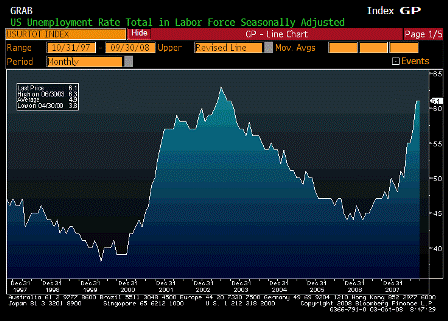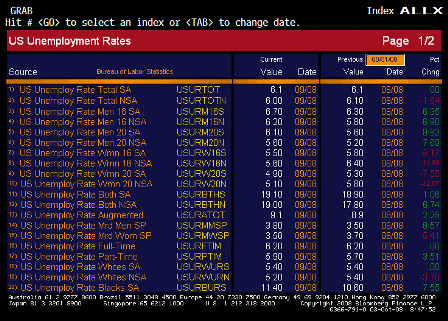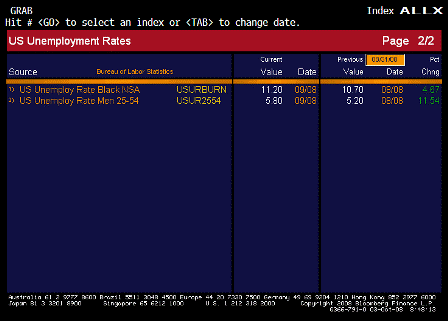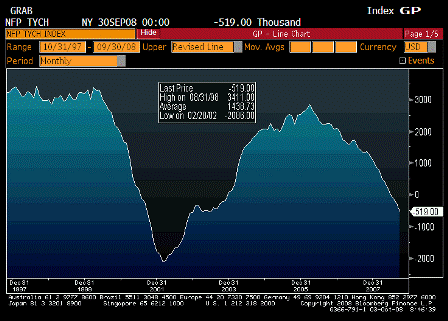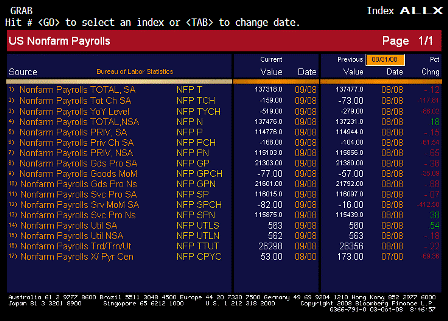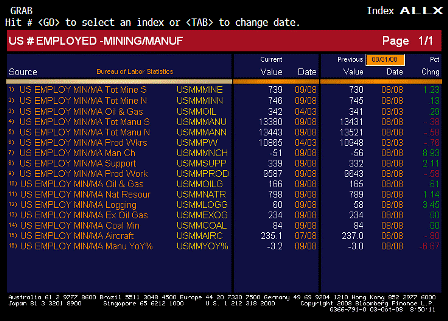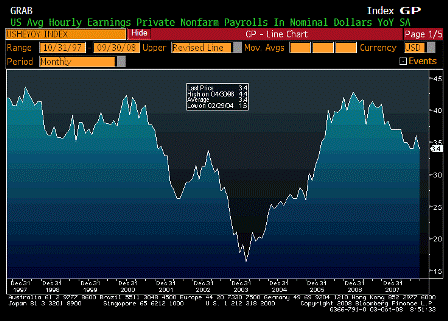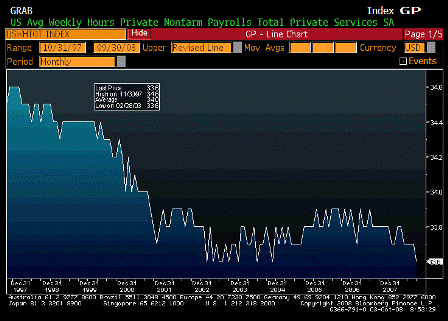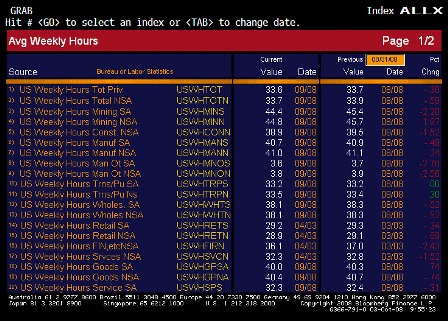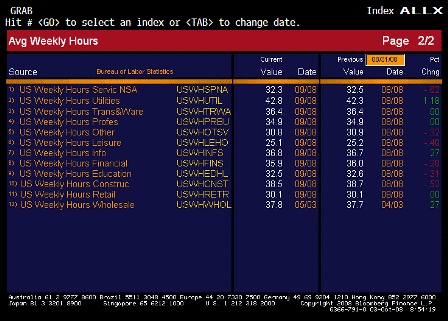This will only move them closer to brink of investors refusing to buy their debt.
EU leaders agree to relax Stability Pact rules (Roundup)
by Siegfried Mortkowitz
Paris – To help prop up their banking systems, European leaders meeting Saturday in Paris agreed to loosen the requirements of the European Union’s Stability and Growth Pact, which imposes rules on member states regarding their public spending.
French President Nicolas Sarkozy, German Chancellor Angela Merkel, British Prime Minister Gordon Brown and Italian Prime Minister Silvio Berlusconi also called for an international conference of the 14 largest industrial nations to ‘rebuild the international finance system,’ as Sarkozy phrased it.
Also attending the mini-summit of the EU’s four members of the G8 group of industrial nations were European Commission head Jose Manuel Barroso, European Central Bank (ECB) president Jean-Claude Trichet and the head of the Eurogroup, Luxembourg Prime Minister Jean-Claude Juncker.
The meeting was called by Sarkozy, currently president of the EU, to formulate a common European position to surmount the finance crisis.
A statement released after the talks said, ‘The application of the Stability and Growth Pact should also reflect the current exceptional circumstances.’
This was a victory for Sarkozy, whose closest advisor, Henry Guaino, earlier this week had declared: ‘Temporarily, (the Stability Pact) is not the priority of priorities. The priority is to save the world banking system and therefore save citizens’ savings.’
The criteria, set out in the Treaty of Maastricht, include a national budget deficit totalling less than 3 per cent of gross domestic product (GDP) and public debt not exceeding 60 per cent of GDP.
The leaders at the meeting also called for an international conference on the financial crisis that would include the G8 countries and large developing economies such as China, India, Brazil and South Africa.
‘We will work with all major economies to rebuild the international banking system,’ Berlusconi told journalists when asked about the purpose of the meeting of the so-called G14.
Sarkozy said the aim of the international conference would be to construct ‘the foundation of an entrepreneurial capitalism instead of a speculative capitalism. We want to build the beginning of a new financial world as they did in Bretton Woods.’
The 1944 international meeting in Bretton Woods established the rules for commercial and financial relations among the world’s major industrial states.
The EU leaders also agreed to work to change European accounting rules, increase regulation of credit rating agencies and hedge funds and alter the way executives are rewarded, in order to prevent the payment of ‘golden handshakes’ – that is, exorbitant severance payments – to executives who have created risk for their companies.
‘Executives who failed must be penalized,’ Sarkozy said.
The summit was preceded by a controversy over a proposal to create a 300-billion-euro (413-billion-dollar) fund to bail out struggling financial insitutions, similar to the plan passed by the US House of Representatives and signed into law by President George W Bush late Friday.
Reportedly supported by the Dutch and the French, the idea was summarily rejected by Germany and Britain, and was not on the summit’s agenda.
Sarkozy told journalists that the idea was not his.
‘I never assumed it, I never proposed it, I never imagined it,’ Sarkozy said.
Instead, in line with German and British wishes, each EU member state is to aid its troubled banks with its own funds, but after discussions with other countries, a reference to the unilateral decision by the Irish government to establish a 100-per-cent guarantee for depositors in the six largest Irish-owned banks.
The move, made without consultation with the European Commission, has already attracted investors away from British banks, and has put pressure on the Brown government government to match it.
Merkel said that the European Commission and the ECB would talk to the Irish about their move, which contravenes the EU’s state aid and competition requirements.
‘But my satisfaction about (this solution) is limited,’ the German chancellor said.
Decisions taken at Saturday’s mini-summit are to be further elaborated at Tuesday’s meeting of EU finance ministers and at the October 15-16 EU summit in Brussels.
[top]

